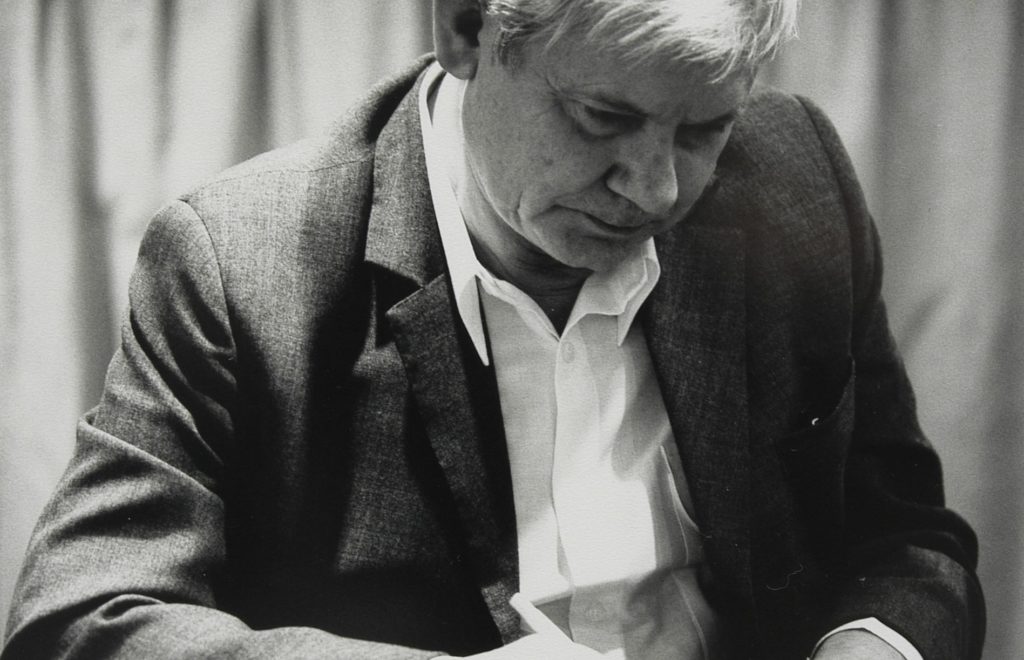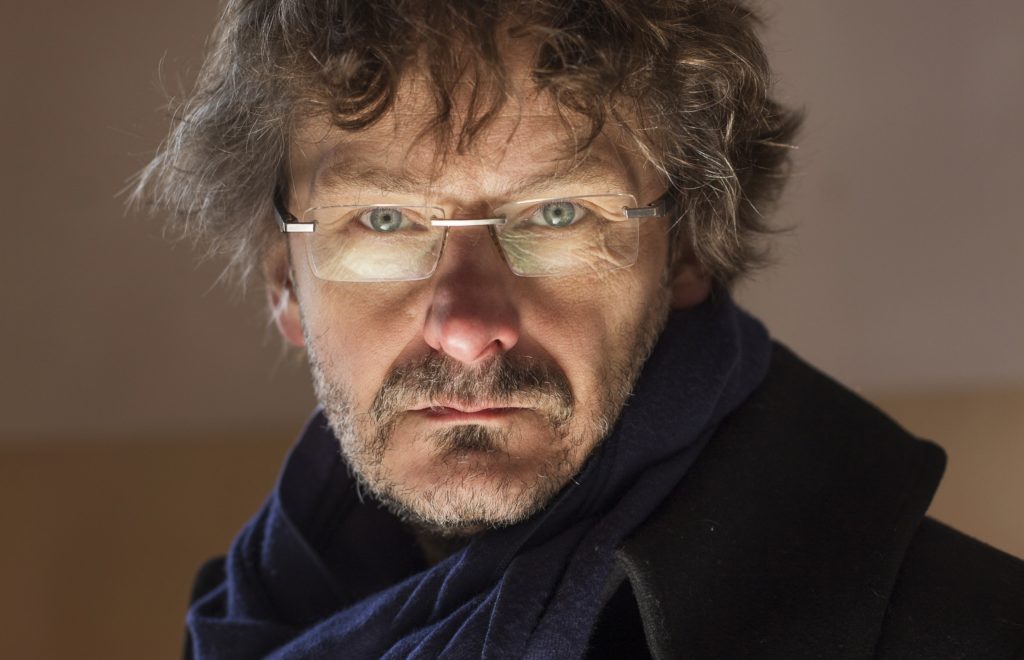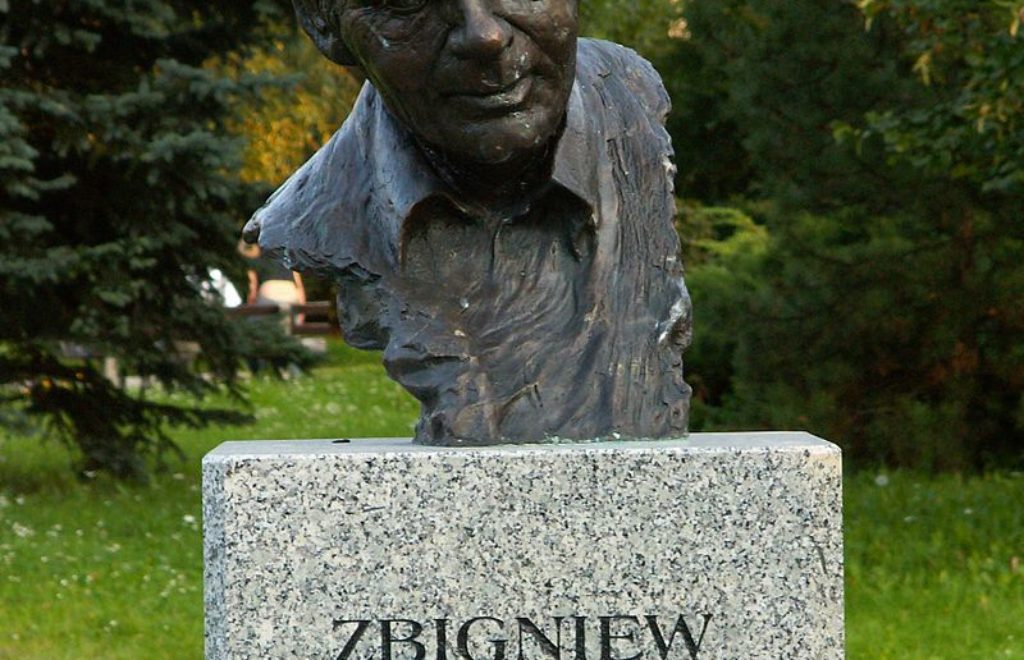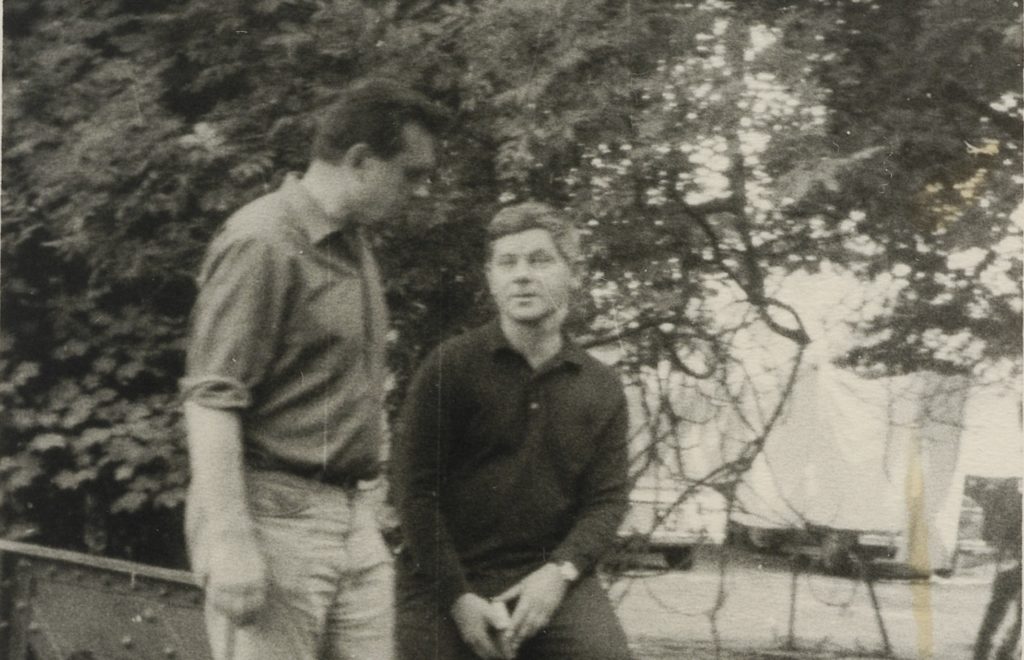A barbarian in the besieged city
Zbigniew Herbert is one of those writers that everyone has heard of but very few have read. People in Central and Eastern Europe had high hopes that he might win the Nobel Prize in Literature, but it never happened. Perhaps it was because two Poles (Czesław Miłosz and Wisława Szymborska) were already awarded the prize during that period. Be that as it may, now 20 years after the writer’s death, it is worth looking back and examining this outstanding figure from a different perspective: as a deep poet, a sophisticated essayist, a profound thinker, a dissident and an Eastern European barbarian who saw the garden of Western culture in his own way.
September 1, 2018 - Andriy Lyubka





































